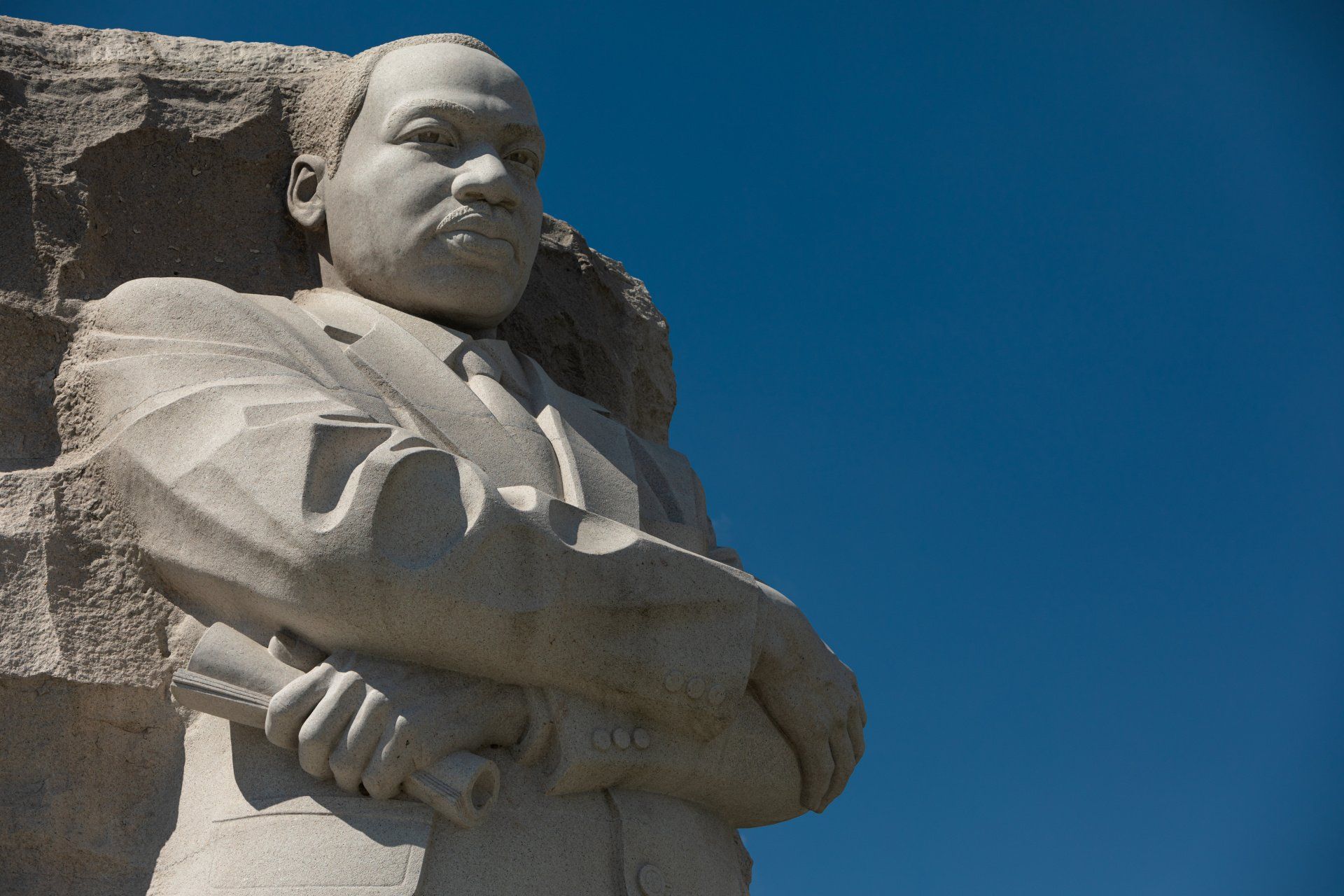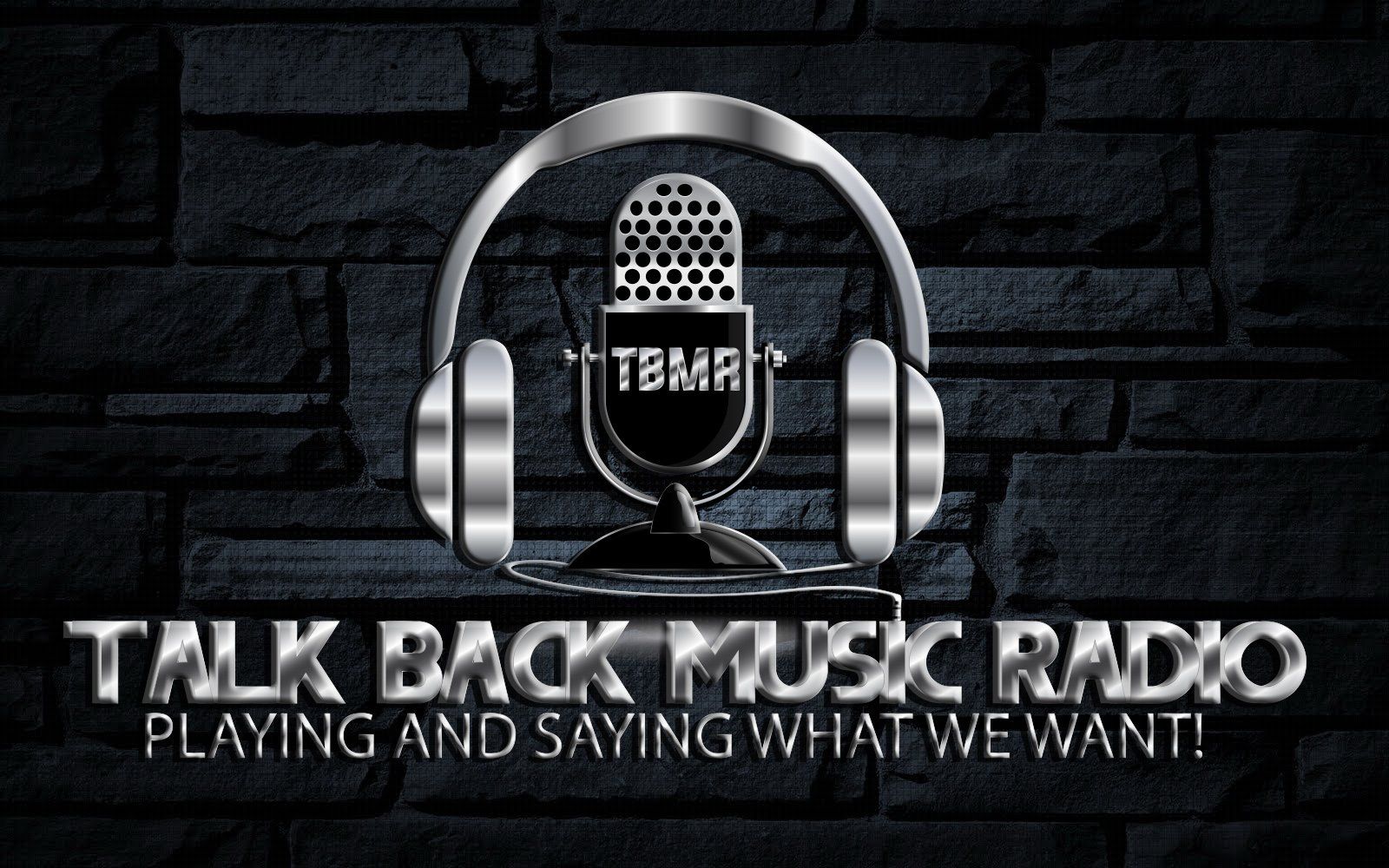Blog Layout
Someone needs to KISS
Oct 08, 2020

We are in the midst of a maelstrom called politics. But actually, that’s not new or unusual. What makes this year seem so egregious is the confluence of so many opportunities for change at one time.
North Carolinians will vote for a President, US Senator, US Representative, Governor, Lieutenant Governor, State Senator, State Representative, Treasurer, School Superintendent, Commissioner of Labor, Agriculture, Insurance, Attorney General, Auditor, Secretary of State, and, Chief Justice and other Judges a couple of times this year - just to name a few.
March 5, 1869 was the day North Carolina ratified Article XV of the US Constitution. It stated that “[t]he right of citizens of the United States to vote shall not be denied or abridged by the United States or by the State on account of race, color, or previous condition of servitude.” We all know, however, that the right to vote was not conveyed with unfettered intent. It would be decades before the opportunity to vote would become a reality. The barriers placed before those seeking to vote proved that exercising one’s rights is more than a notion.
Did the founding Fathers anticipate the sheer volume of choices the average citizen would have to consider to keep democracy flowing? Did the founding Fathers anticipate the price a candidate would be willing to pay to become a representative of the people? Did the founding Fathers anticipate that a vote cast would be in a manner other than on a piece of paper? Of course not, but here we are.
So much of what we experience in an election season violates the integrity of our rights. Objectivity is obscured by advertising, media commentary and misinformation. The thing the average voter deserves most is the last thing offered by most candidates – one on one discourse. If it is too much to expect an opportunity tolook a candidate in the eye and have civil discourse, then maybe there is something wrong with how we have let our democracy evolve. Maybe we have gotten too big for our britches.
Have you noticed how guarded candidates and office holders are about the audiences they entertain?
Have you noticed how frequently you read or hear about gatherings some elected officials had but to which you were not invited or informed of until afterwards?
It’s tough enough to have so many decisions to make at one time, but it is shameful to have to rely upon your memory of a commercial or a mailer as the reason to cast your vote.
But on the other hand...
Diversity flourishes when opportunity blossoms. Suppression of opportunity is deleterious to enrichment and enlightenment. Suppression of opportunity is the death knell to diversity. Civil discourse is absolutely essential in the fight against suppression at all levels. Unfortunately, we have become accustomed to less personal contact with our candidates and thus don’t really know who we are electing to office; and, they don’t really know who they are representing.
As so many of you heard at church in the first sermon of the new year, 2020 is the year of clear vision. If that is truly to be the case, then we must insist on a more personal and direct approach to problem solving. It’s not the volume of commercials or number of text messages and emails that make a viable candidate. Maybe the reason the sweat equity of the founding Fathers has lasted this long is not because technology and messaging and not because of polls and pundits but instead because fundamentals are everlasting – Keep It Simple Stupid.
Originally published in the AfAmTURNOUT NORTH CAROLINA newsletter - Feb 20, 2020
Share
Tweet
Share
Mail
Thoughts from Henry Lancaster II

02 Mar, 2022
There is a phrase I am sure many of you have heard at one time or another: “hope springs eternal.” Another way to put it is a famous literary query “if Winter comes, can Spring be far behind?” Sixty-five years ago this May 17th, na-tional civil rights leaders called for a rally on the steps of the Lincoln Memorial hoping to get the federal government to fulfill the promise of the Brown v. Board of Education decision with supporting enabling legislation (more specifi-cally the Civil Rights of 1957 which, by the way, was filibustered to defeat by Senator Strom Thurmond). A very young Martin Luther King, Jr. joined the litany of presenters that day as the last speaker. The very young King noted that the monumental Brown decision was met with opposition in open defiance from many states. One form of opposition he addressed was “all types of conniving methods that are still being used to prevent Negroes from becoming registered voters.” He stated that the “denial of this sacred right is the tragic be-trayal of the highest mandates of our democratic tradition.” The defenders of voting rights today echo the same message in their challenges to restrictions being legislated al-most daily across the country. Decades before King, American writer and bard, James Weldon Johnson, wrote about democracy in America stating that “[t]his country can have no more democracy than it accords and guaran-tees to the humblest and weakest citizen.” Both King and Johnson spoke of the fulfillment of the American govern-ance experiment as having to be inclusive and non-judgmental. They more than intimated that America cannot suc-ceed if it does not allow all its citizens to have a voice. King stated, “Give us the ballot, and we will no longer have to worry the federal government about our basic rights. Give us the ballot, and we will no longer plead to the federal government for passage of an anti-lynching law; we will by the power of our vote write the law on the statute books of the South and bring an end to the das-tardly acts of the hooded perpetrators of violence. Give us the ballot, and we will transform the salient misdeeds of bloodthirsty mobs into the calculated good deeds of orderly citizens. Give us the ballot, and we will fill our legislative halls with men of goodwill and send to the sacred halls of Congress men who will not sign a “Southern Manifesto” because of their devotion to the manifesto of justice. Give us the ballot, and we will place judges on the benches of the South who will do justly and love mercy, and we will place at the head of the southern states governors who will, who have felt not only the tang of the human, but the glow of the Divine.” Arguably, the United States Constitution was intended to be the beginning of a nation’s evolution not a marker in time to fit the interests of those “in charge” at the time. I say arguably because so many of the founding fathers and their successors were purveyors of our country’s original sin. Contradictions have ravaged our past. But over time however, amendments have been adopted to right the wayward ship. And it is those amendments that have ex-panded the nation’s contract with its citizens that all men are created equal and are endowed with inalienable rights to life, liberty, and the pursuit of happiness. Voter suppression is hands down a breach of that contract. If one’s Second Amendment right to bear arms is con-sidered untouchable so should be another’s right to participate in structuring their governance. That is, a voter has the right to enter a polling place with the expectation that their vote can and will make a difference. If that voter is left with the impression in any way that the exercise of the right is mathematically insignificant for any reason other than their inability to rally like minded voters, then a breach has occurred. A breach of that magnitude is un-American. If hope truly springs eternal, it is because each election season has meaning for more than a privileged few. (References to Dr. King can be found at the King Research and Education Institute at Stanford University)
